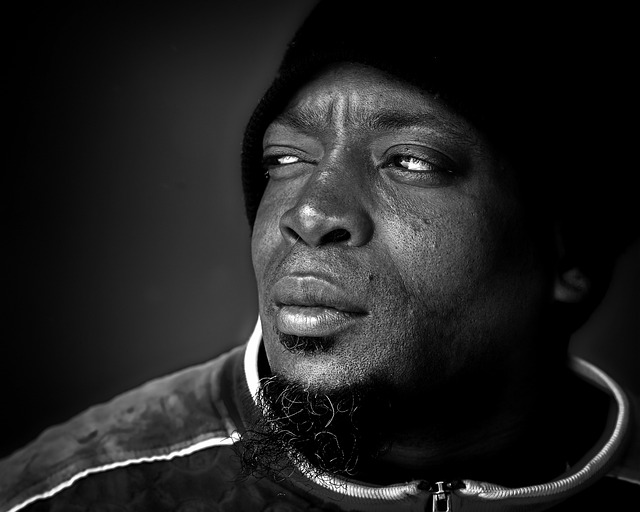New research suggests that living in disadvantaged neighborhoods may activate stress-related genes, potentially contributing to higher rates of aggressive prostate cancer among African American men. The study, co-led by the University of Maryland School of Medicine (UMSOM) and Virginia Commonwealth University (VCU), sheds light on the complex relationship between environment, genetics, and cancer disparities.
African American men face a higher incidence of prostate cancer and are more than twice as likely to die from the disease compared to White men in the U.S. They often receive diagnoses of aggressive cancer at earlier ages, but the reasons behind this disparity have remained unclear until now.
Stress Genes and Neighborhood Disadvantage
The study, published in JAMA Network Open, found a significant association between neighborhood disadvantage and increased activity of stress-related genes. This genetic activity could set off a chain of events leading to cancer or other negative health outcomes.
Kathryn Hughes Barry, PhD, MPH, Assistant Professor at UMSOM and senior author of the study, explained, “Our findings suggest an impact of living in disadvantaged neighborhoods – which more commonly affects African Americans – on stress-related genetic pathways in the body. We believe this may increase an individual’s risk of aggressive prostate cancer and contribute to prostate cancer disparities by race.”
Researchers analyzed 105 stress-related genes from over 200 African American and White men with prostate cancer. They found higher expression of five genes related to inflammation, which has been linked to increased prostate cancer risk and progression.
Environmental Factors and Genetic Expression
The study evaluated neighborhoods where patients lived at the time of diagnosis, considering factors such as income, education, employment, housing quality, racial segregation, and historical redlining practices. Consistent with previous research, African American participants were more likely to live in disadvantaged neighborhoods.
Dr. Barry noted that RNA levels can change in response to environmental factors and stress. “An individual’s RNA levels can change in response to stress, and we and others hypothesize that resulting biologic effects, such as increased inflammation, may contribute to increased risk of aggressive prostate cancer,” she said.
Joseph Boyle, PhD, the study’s first author, added, “The findings from our study support and build on existing research on the emerging importance of neighborhood factors and chronic stress to better understand aggressive prostate cancer and persistent racial disparities.”
This research underscores the complex interplay between environment and genes in cancer health disparities. It highlights the potential harmful effects of living in economically disadvantaged communities on stress-related genetic pathways and emphasizes the need for interventions to improve the health and well-being of minority populations.
As researchers plan larger follow-up studies, this work opens new avenues for understanding and addressing prostate cancer disparities, potentially leading to more targeted interventions and improved outcomes for African American men.


